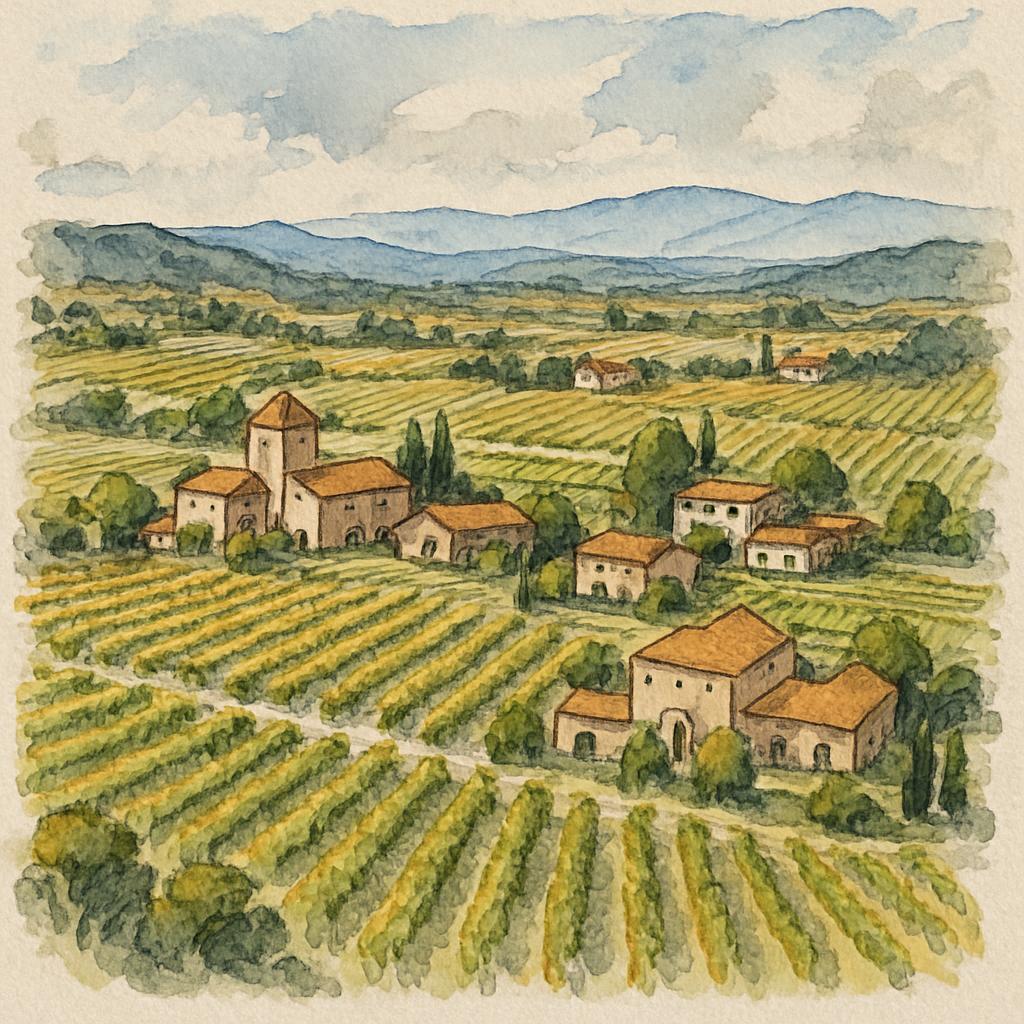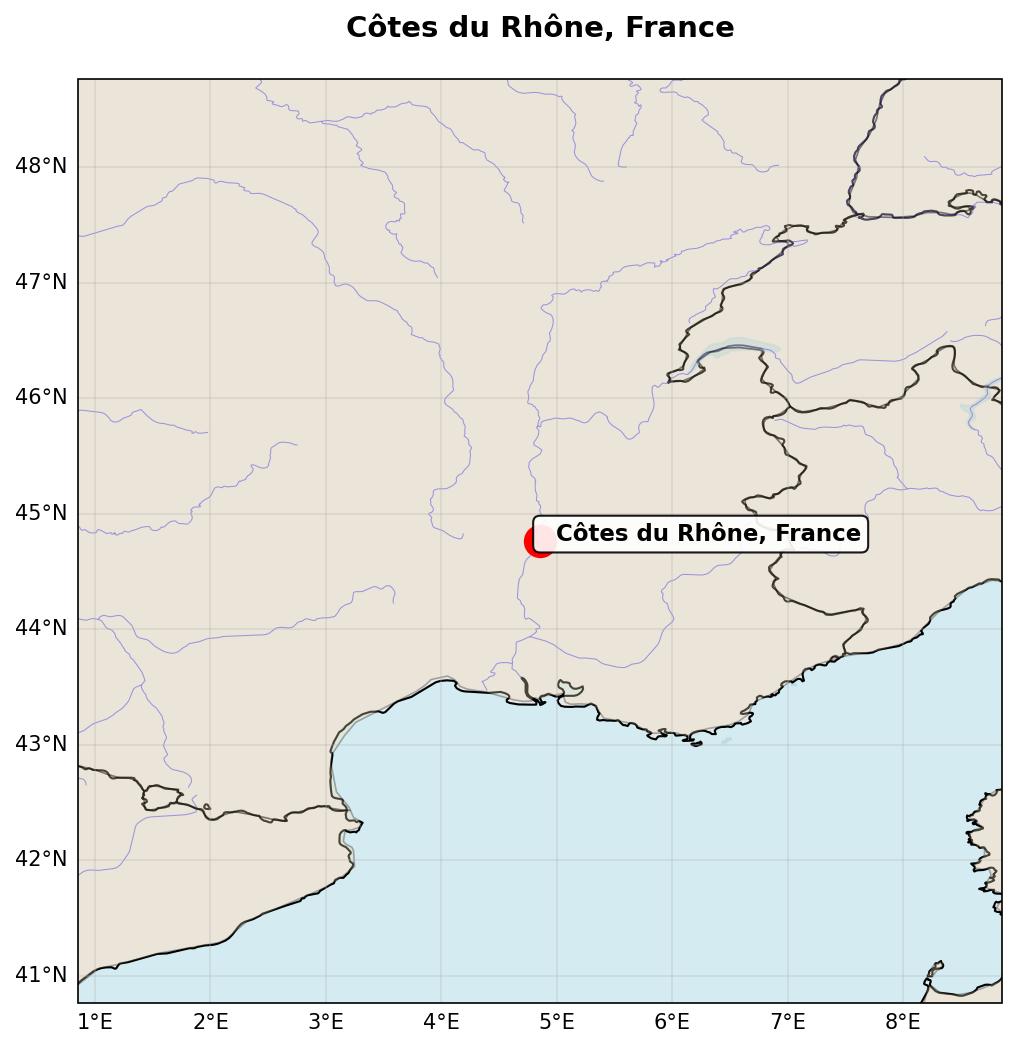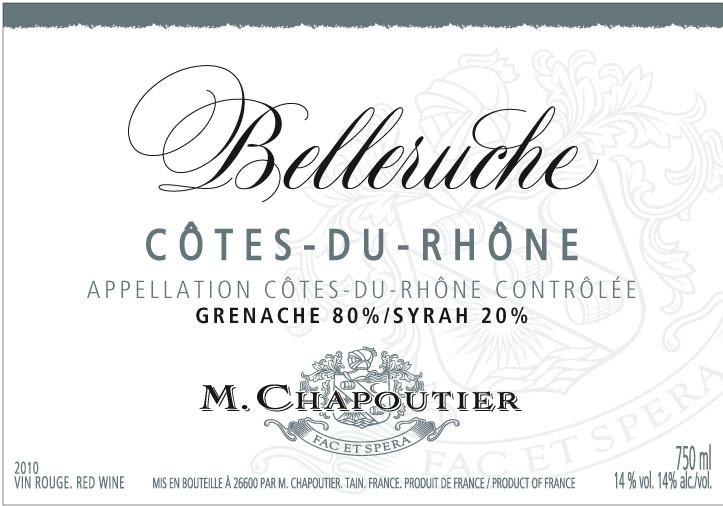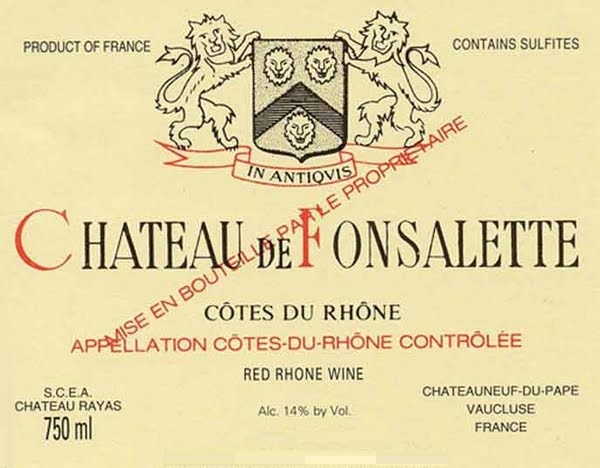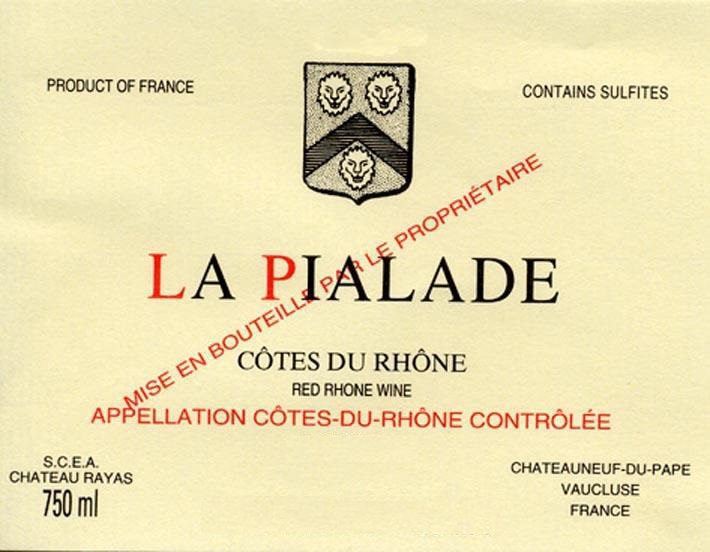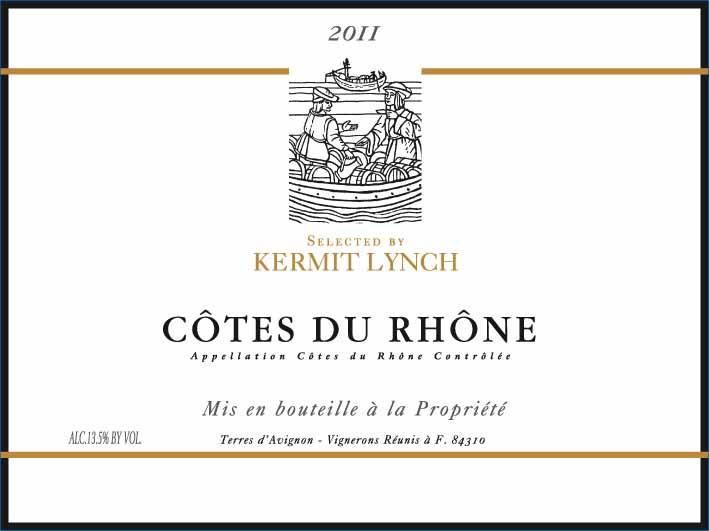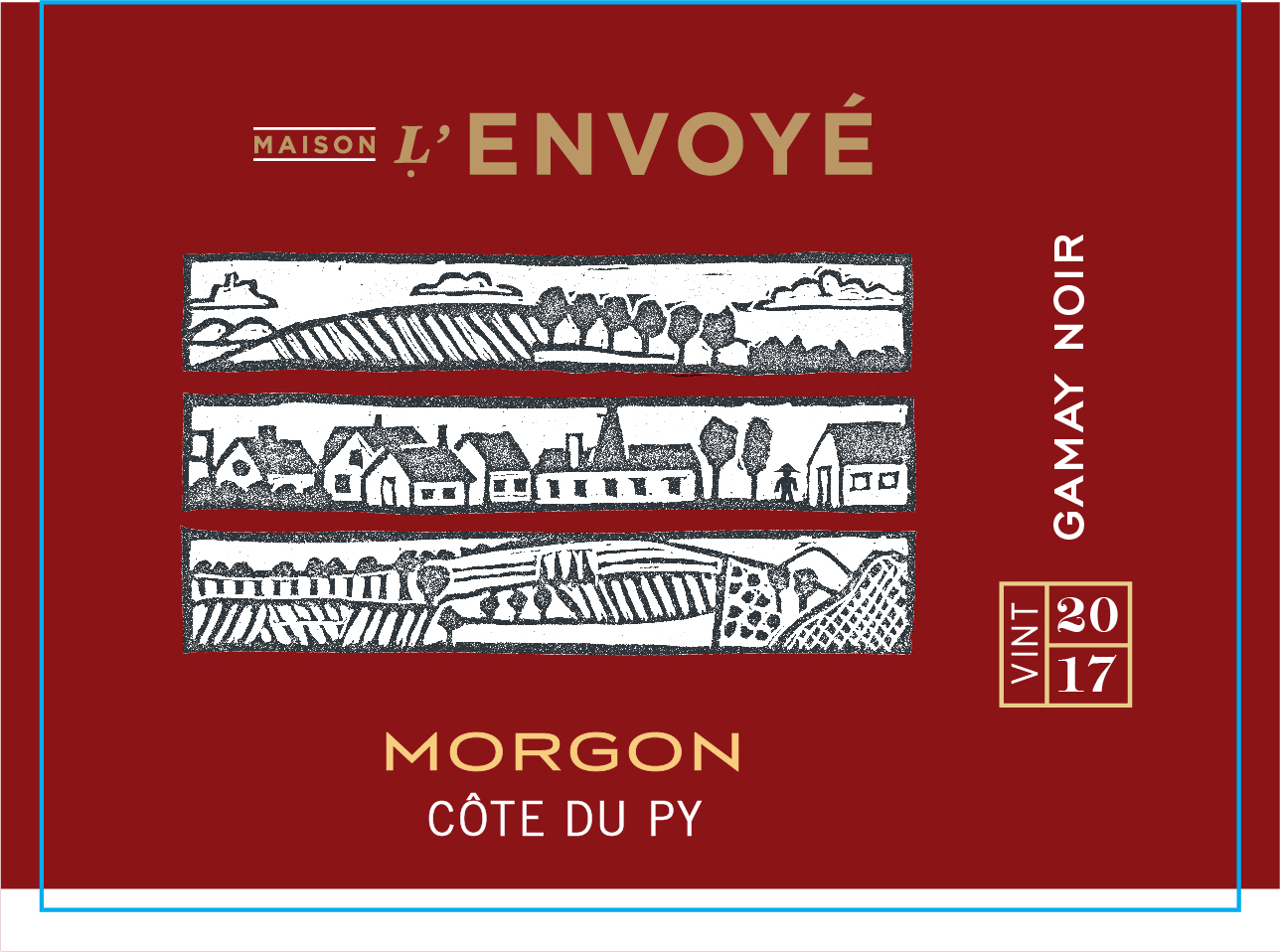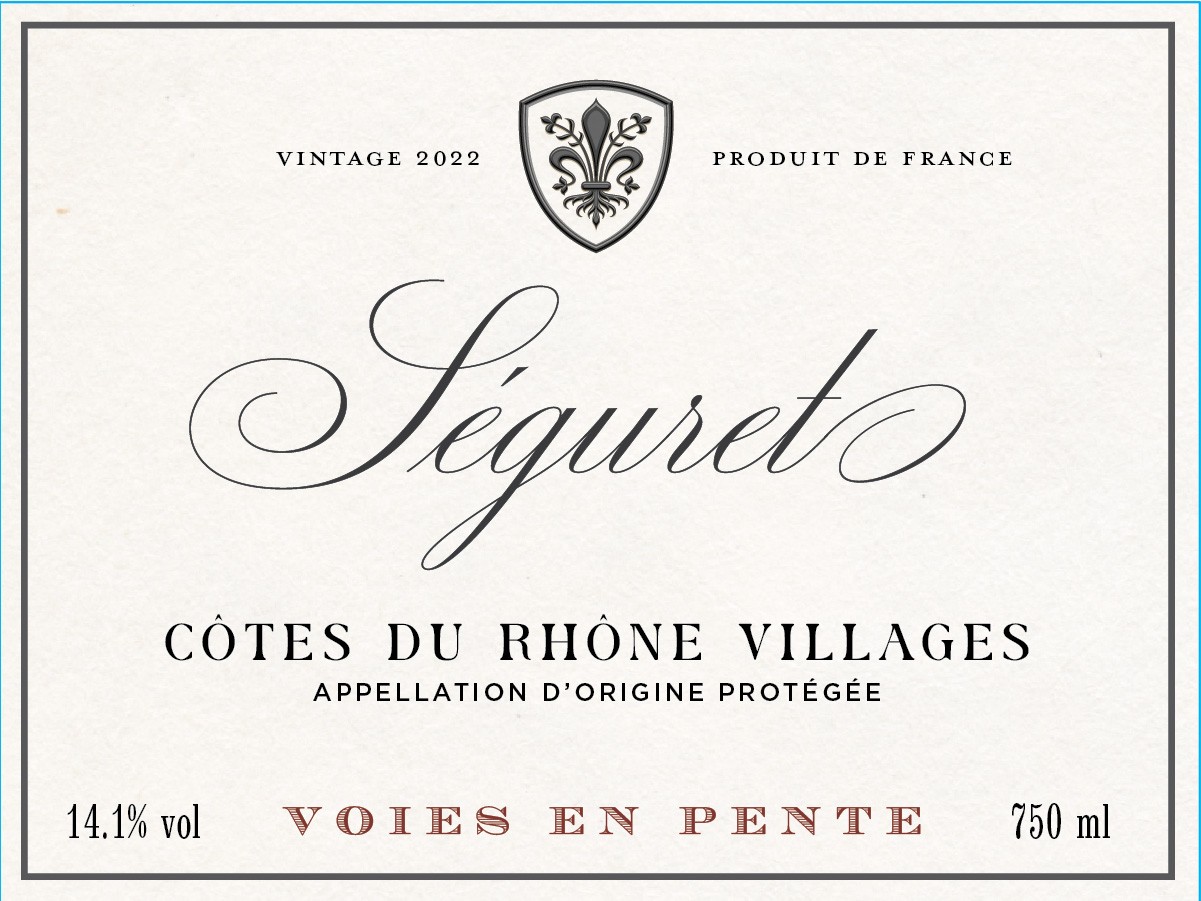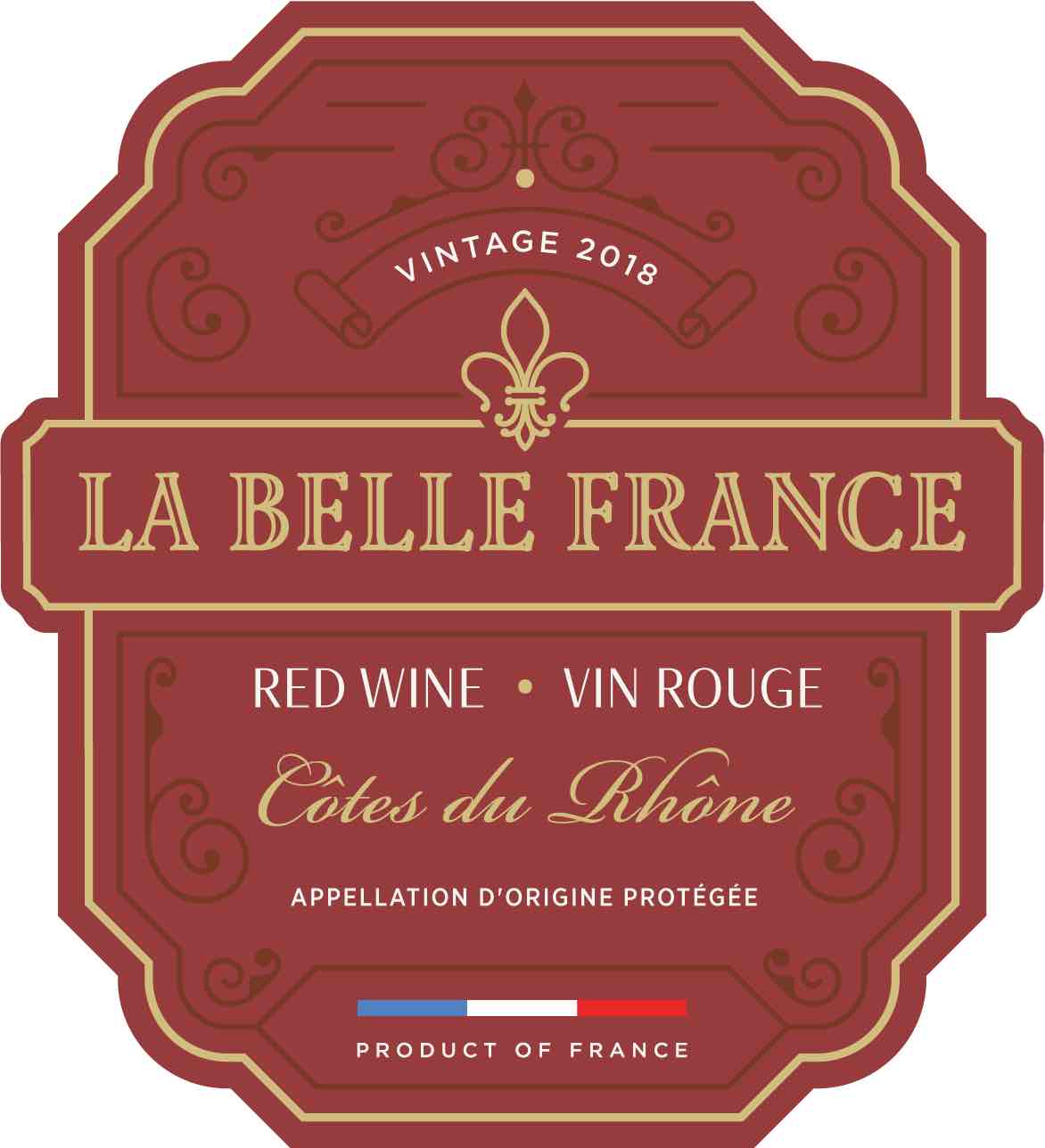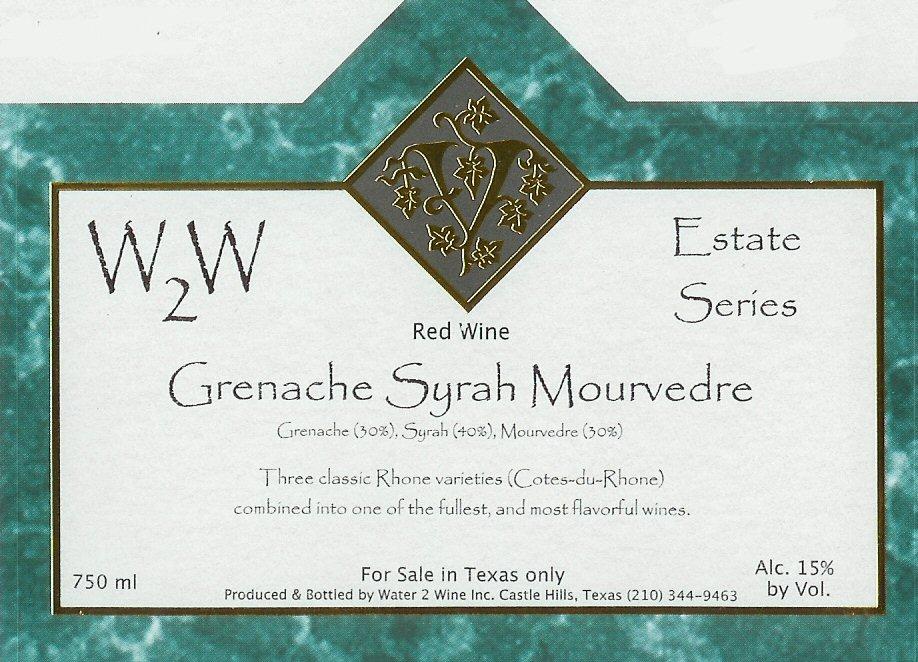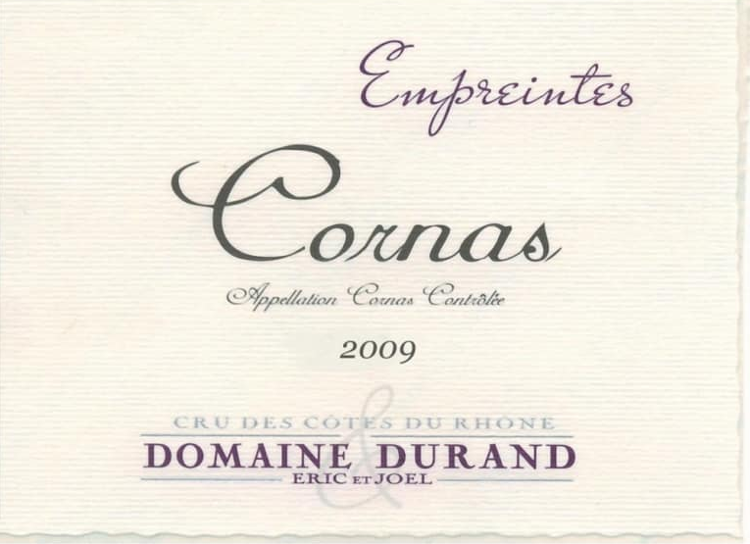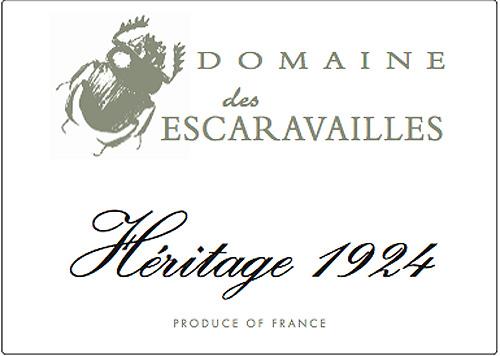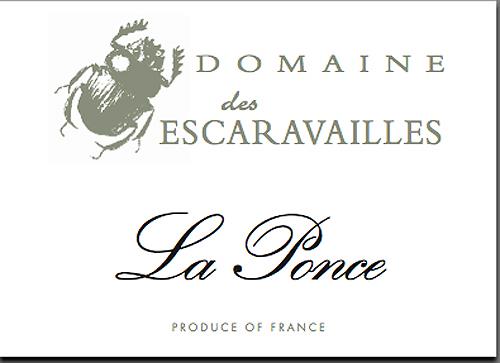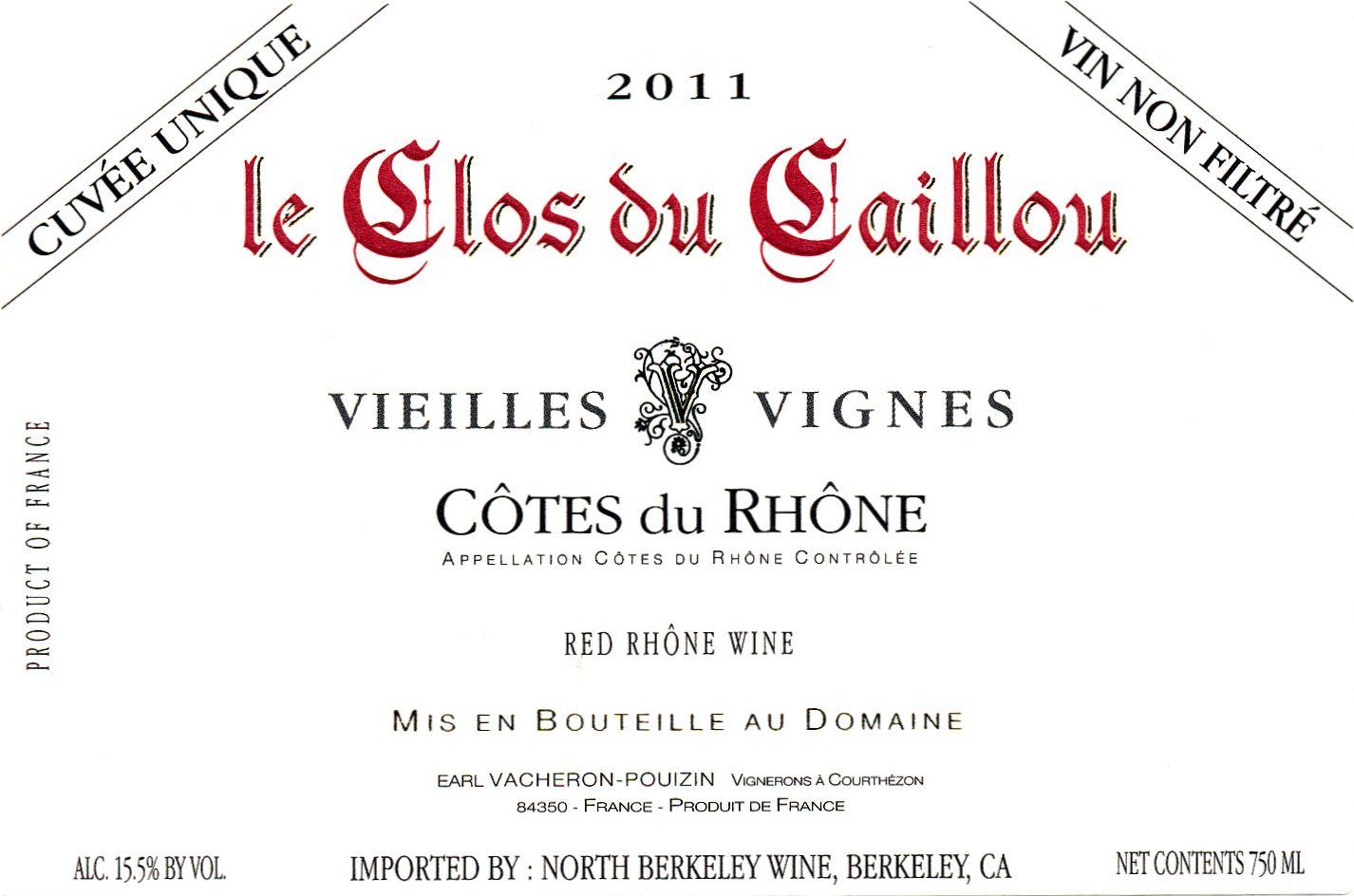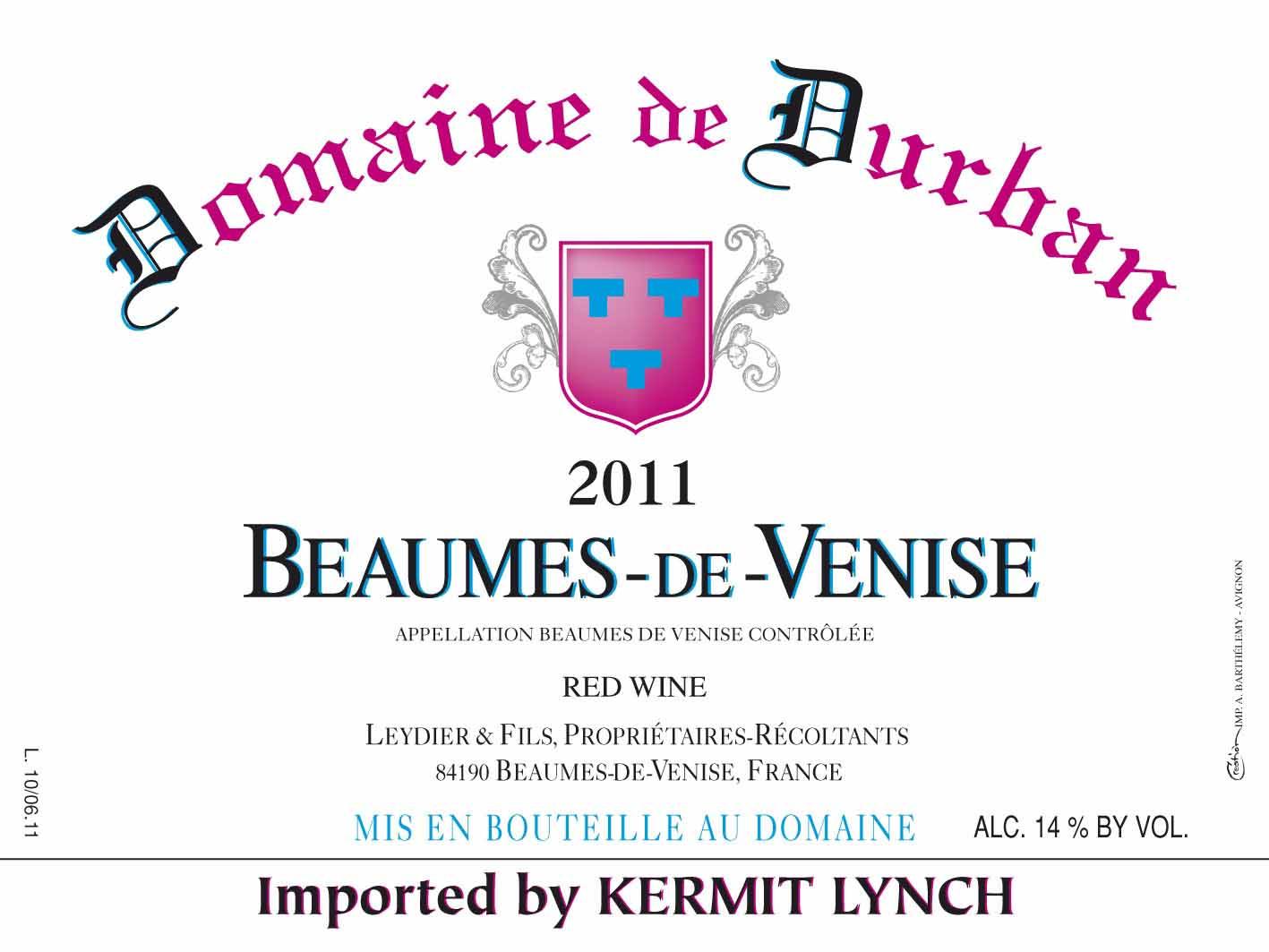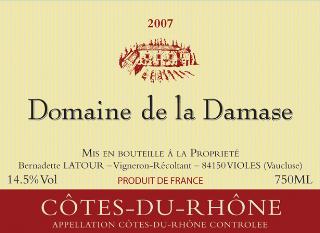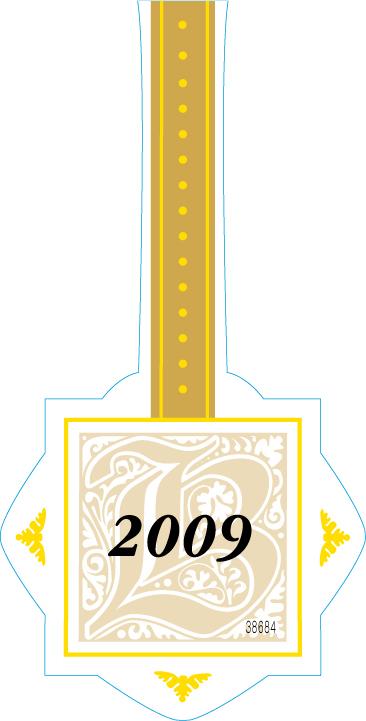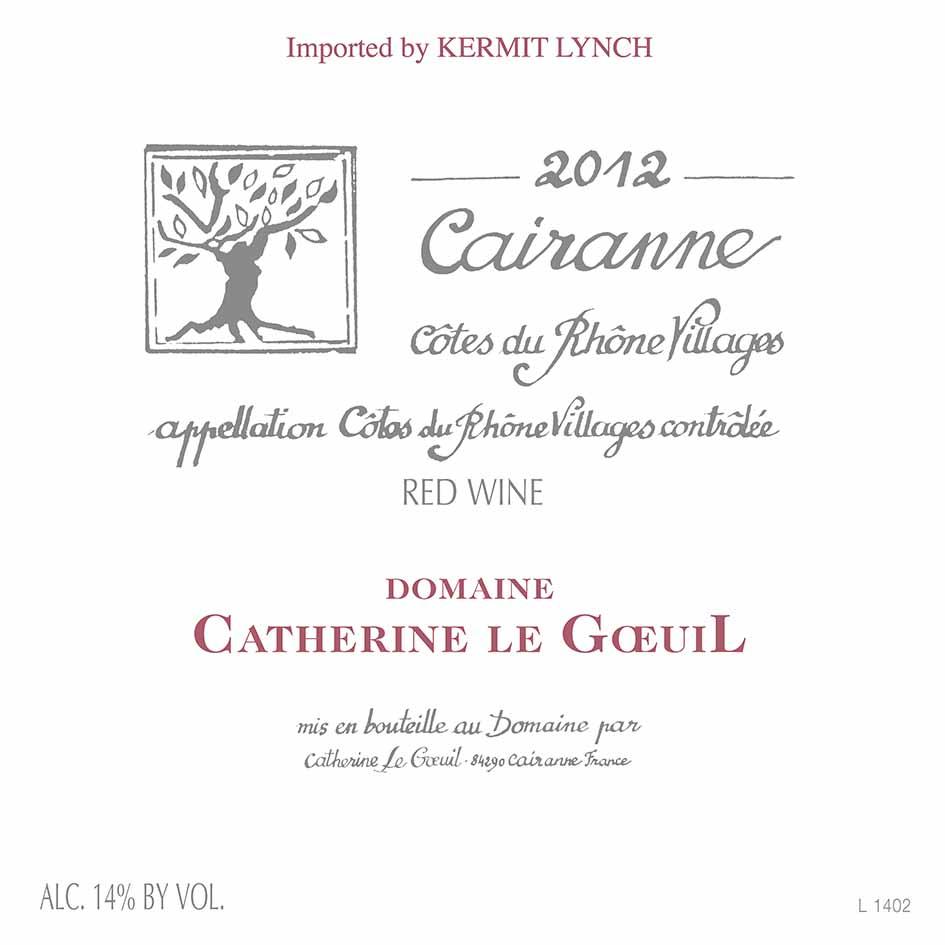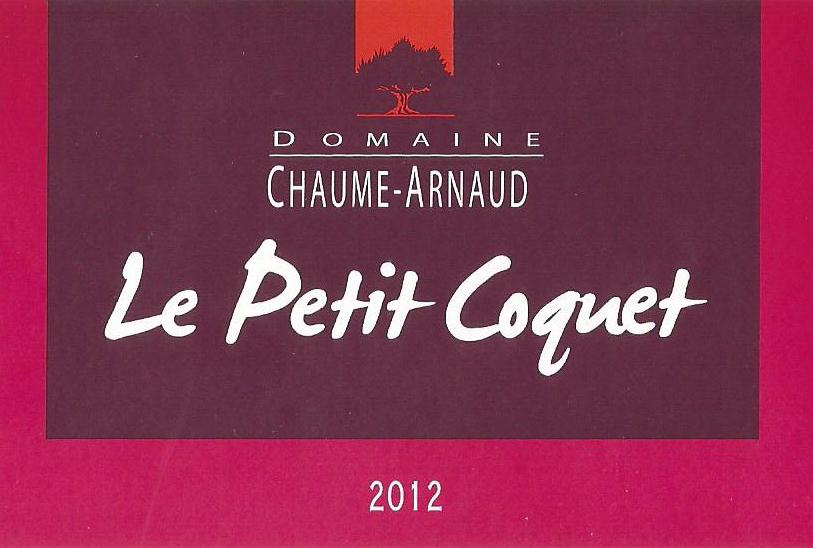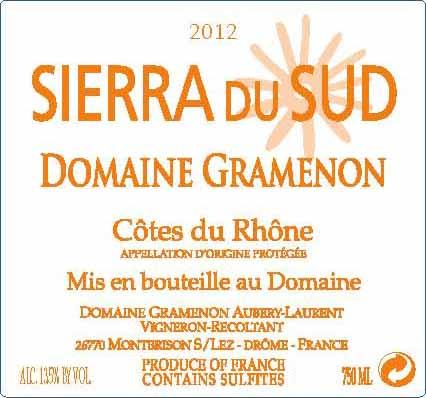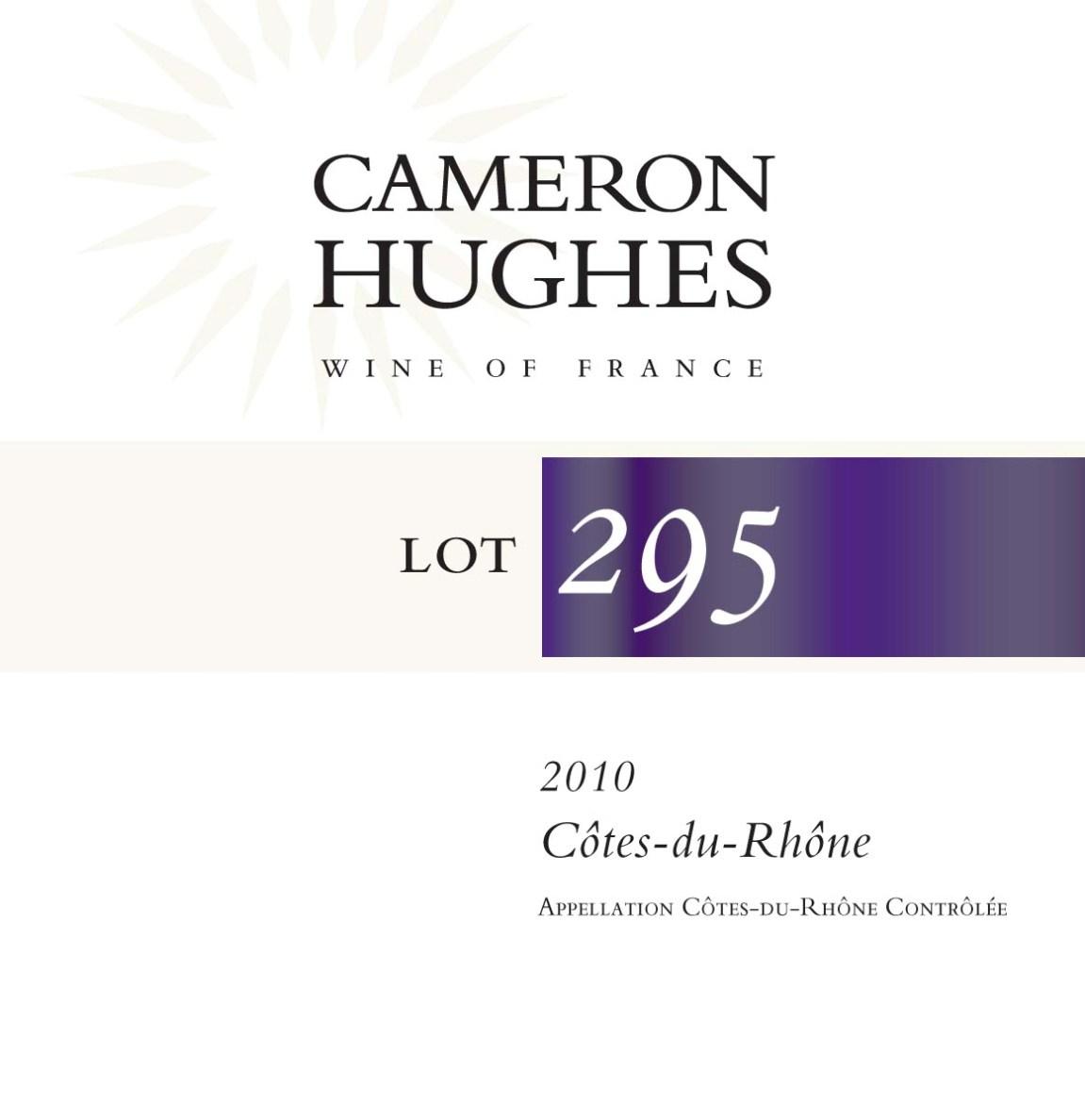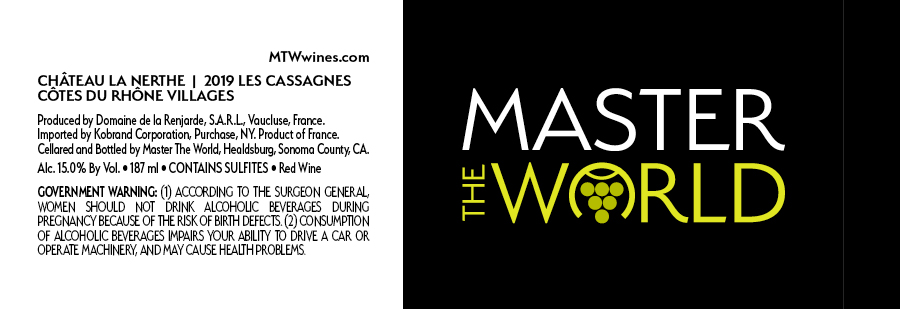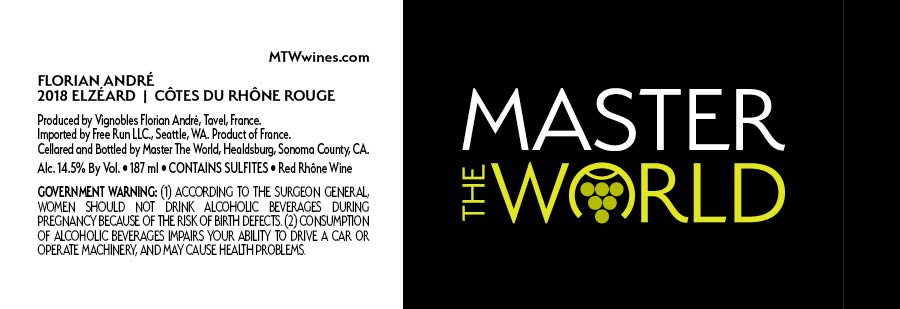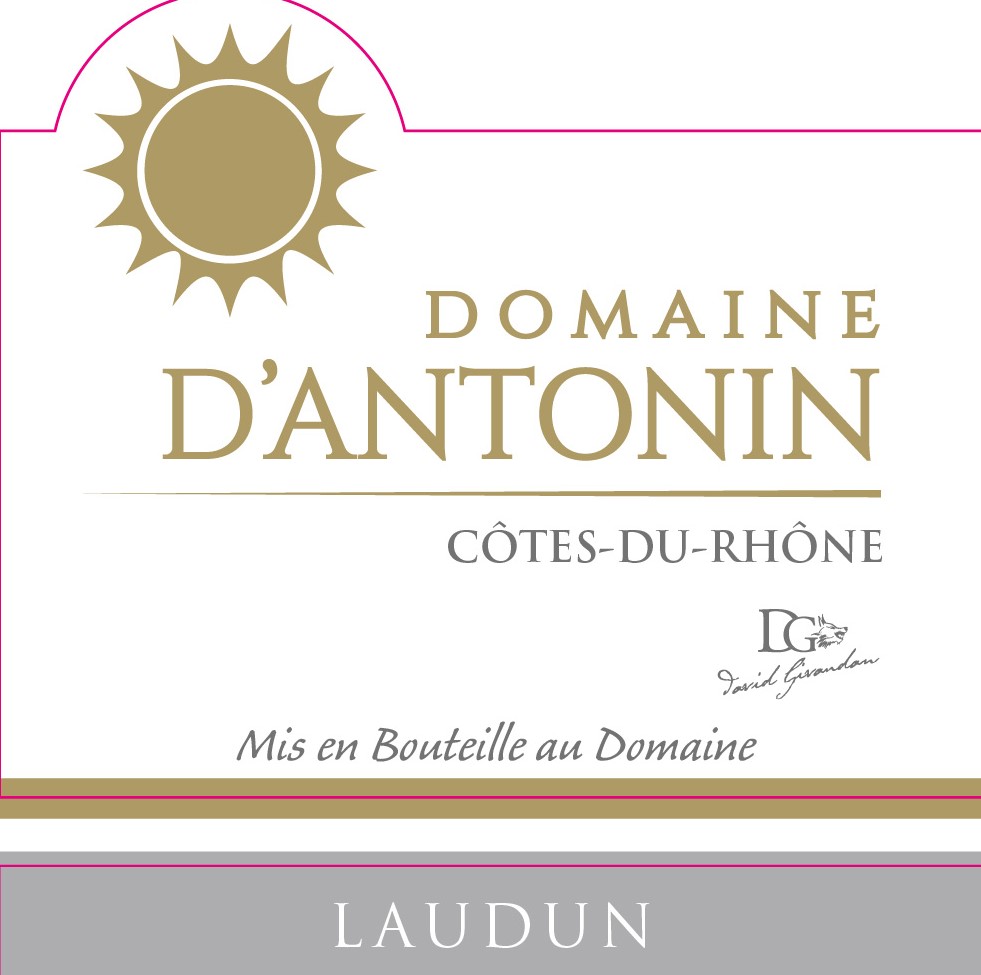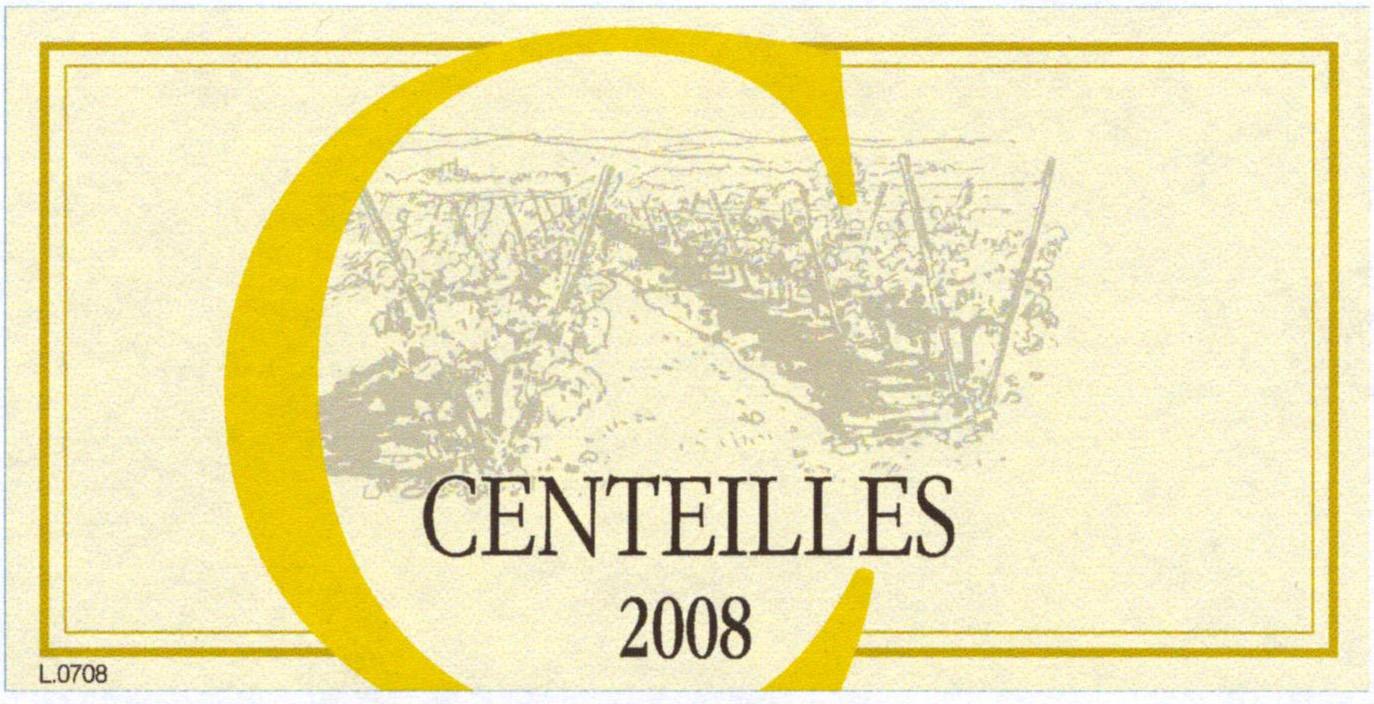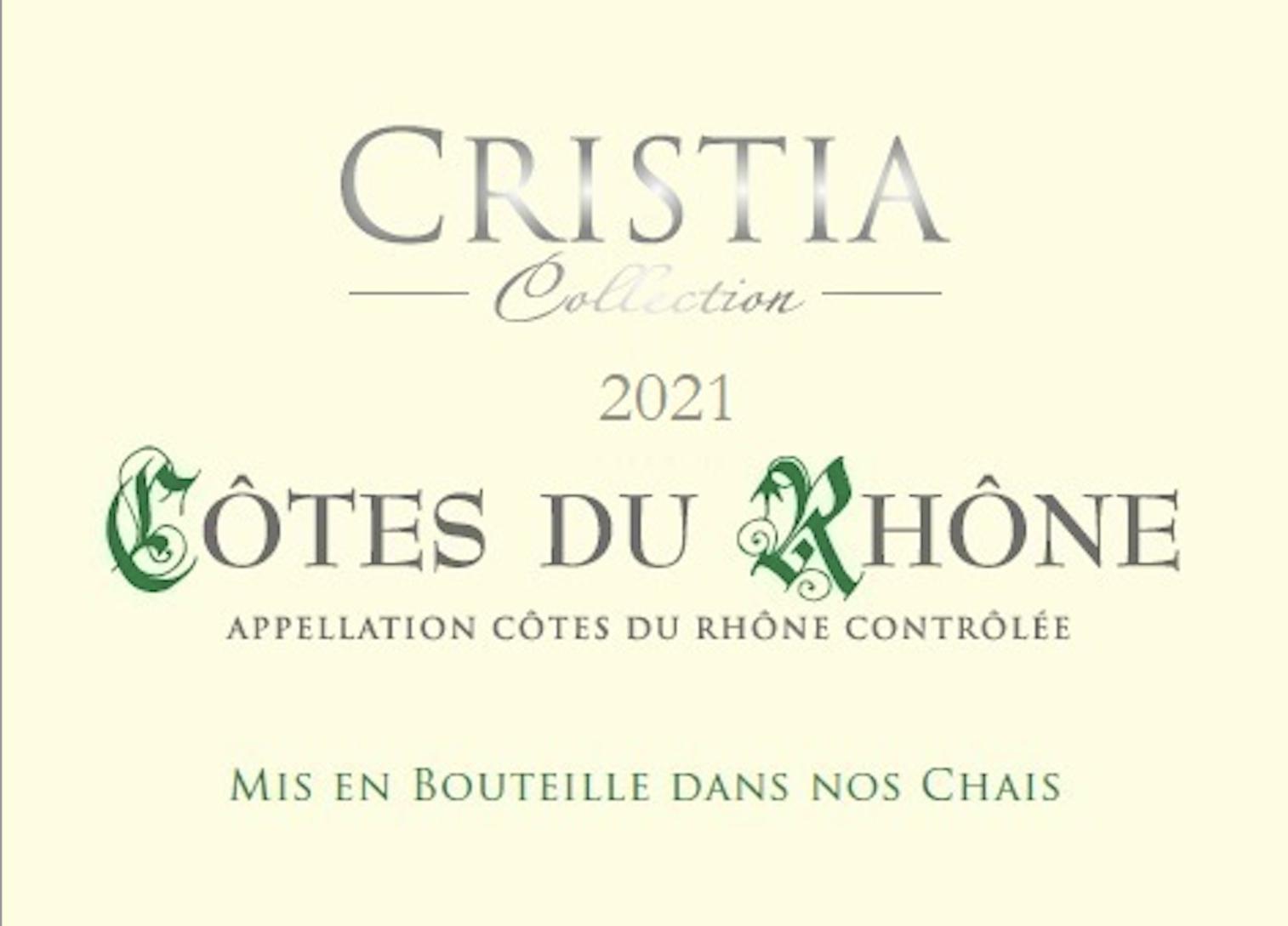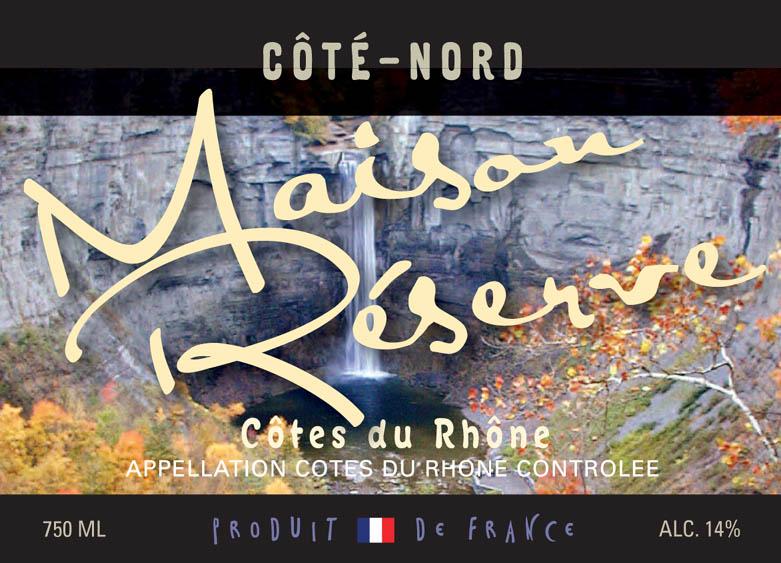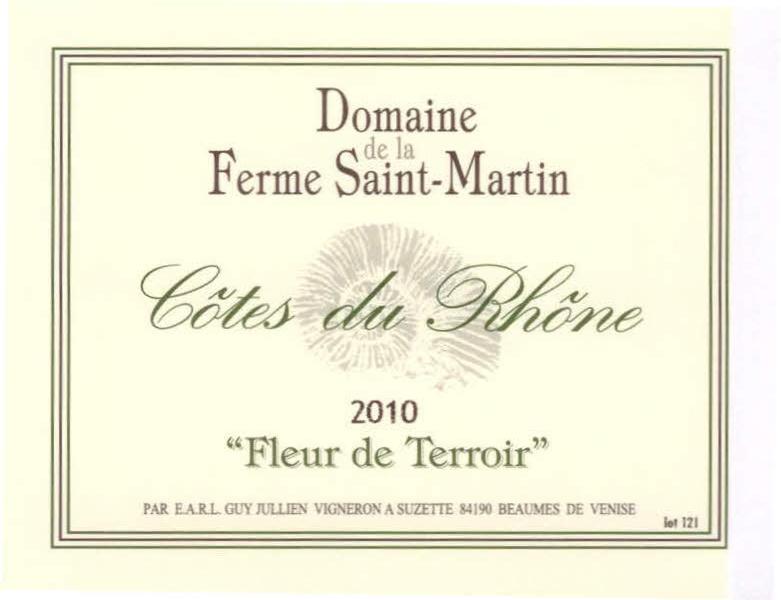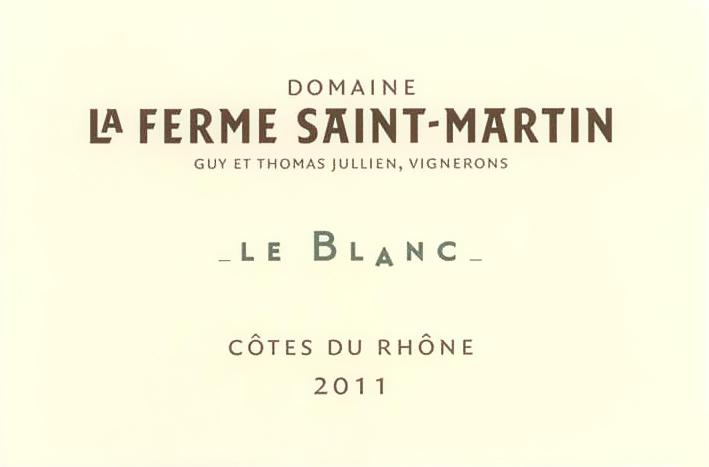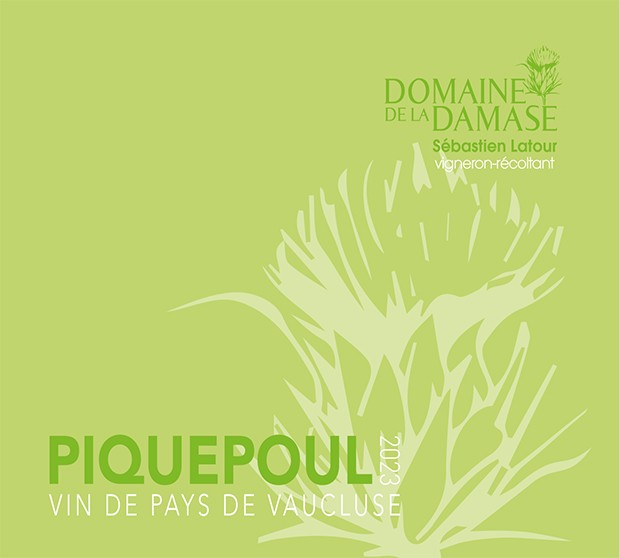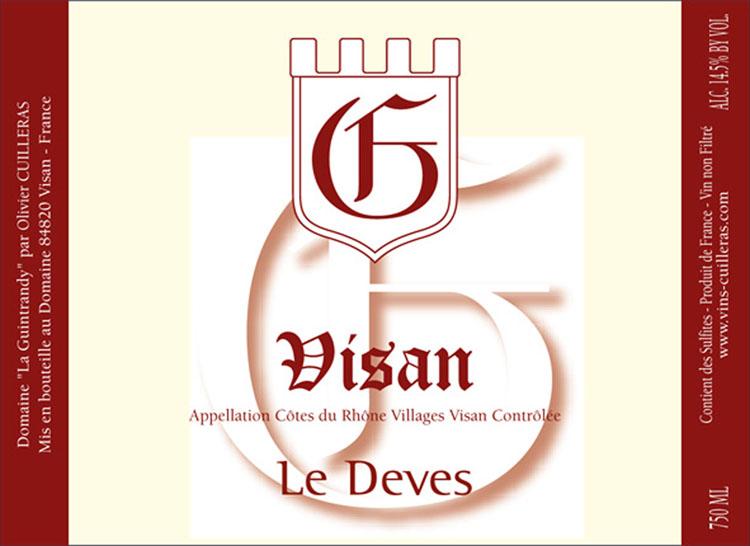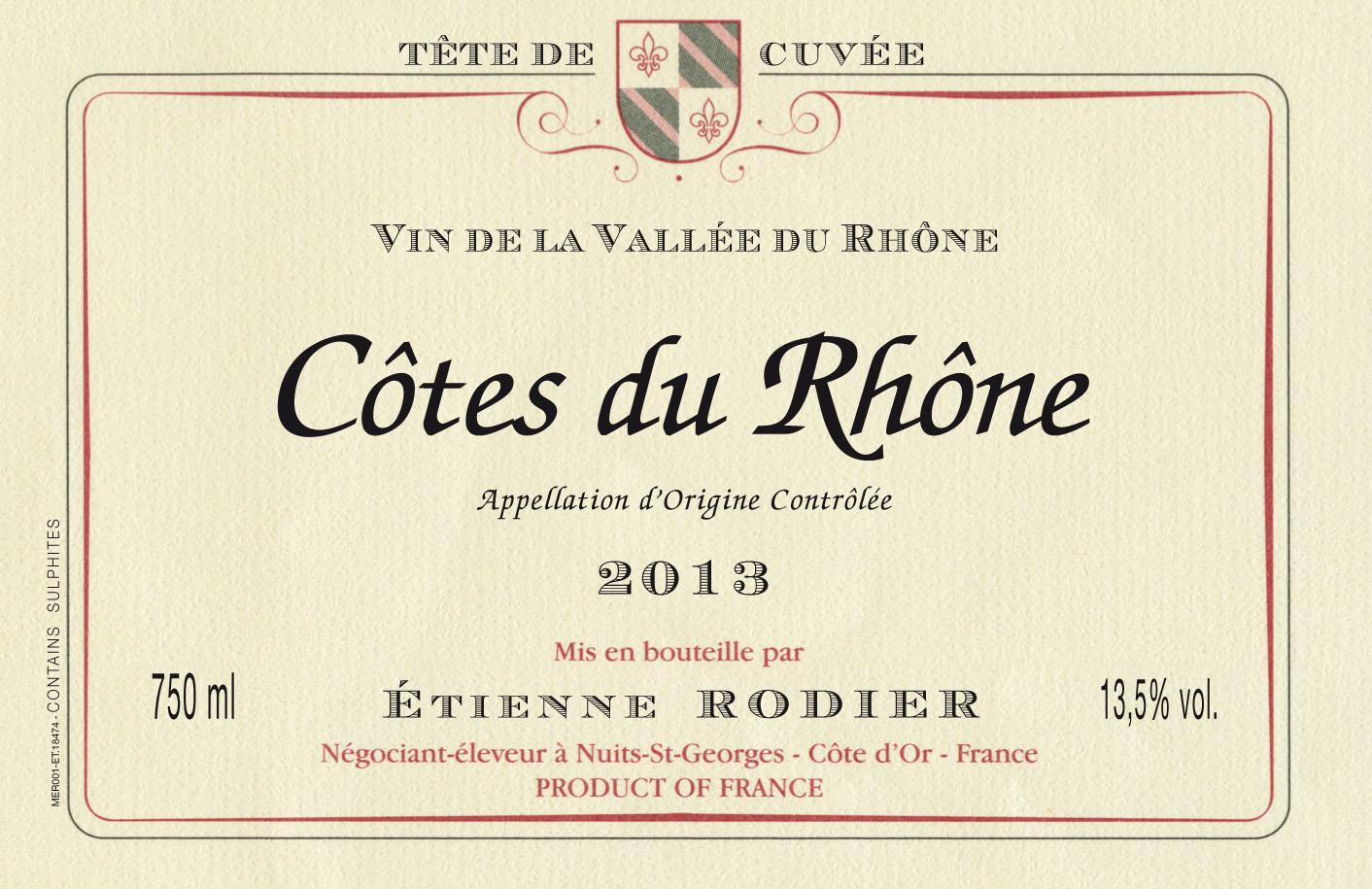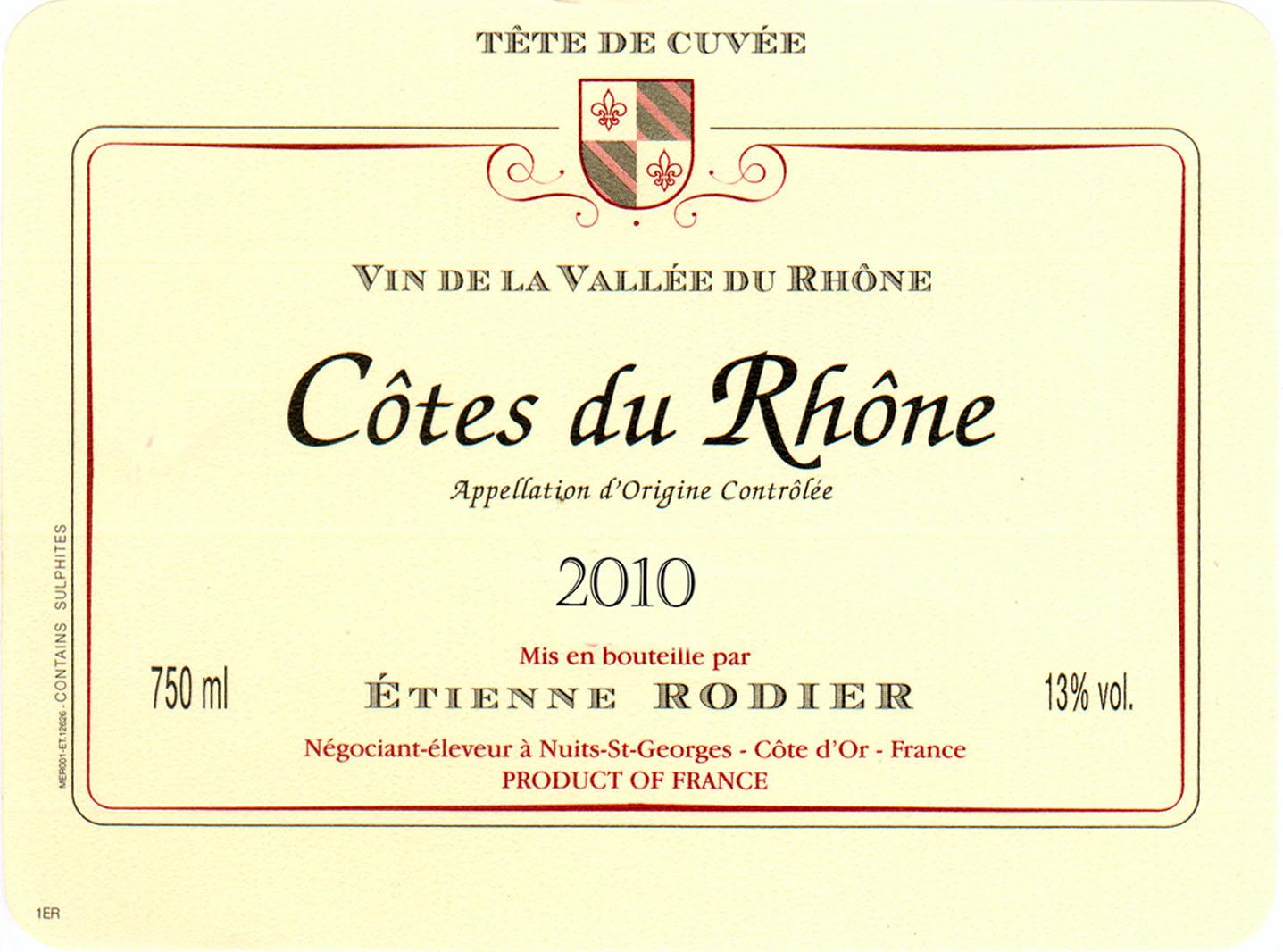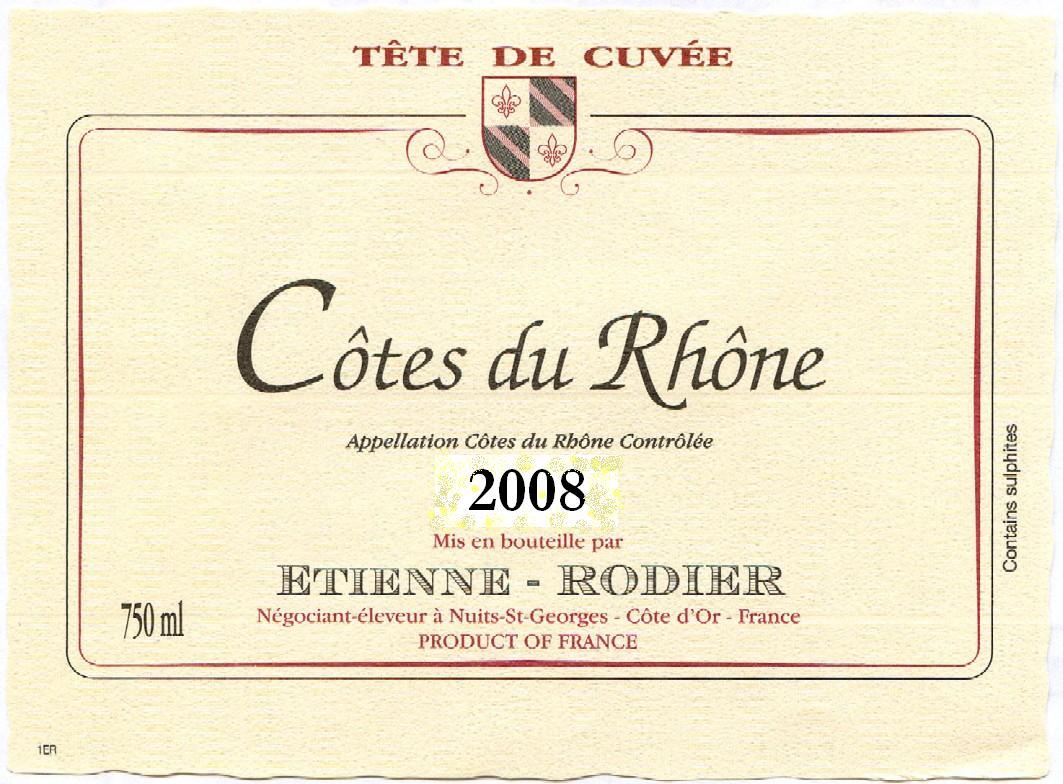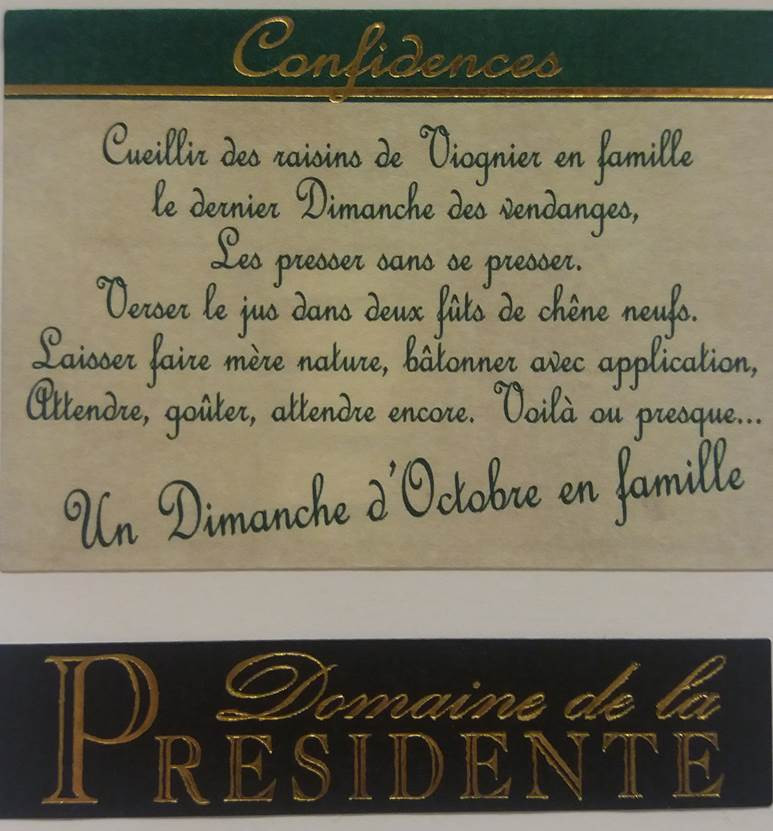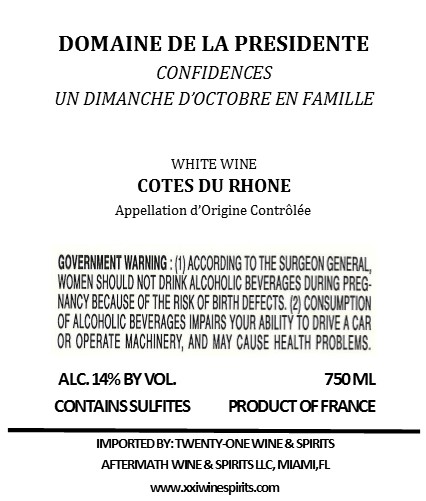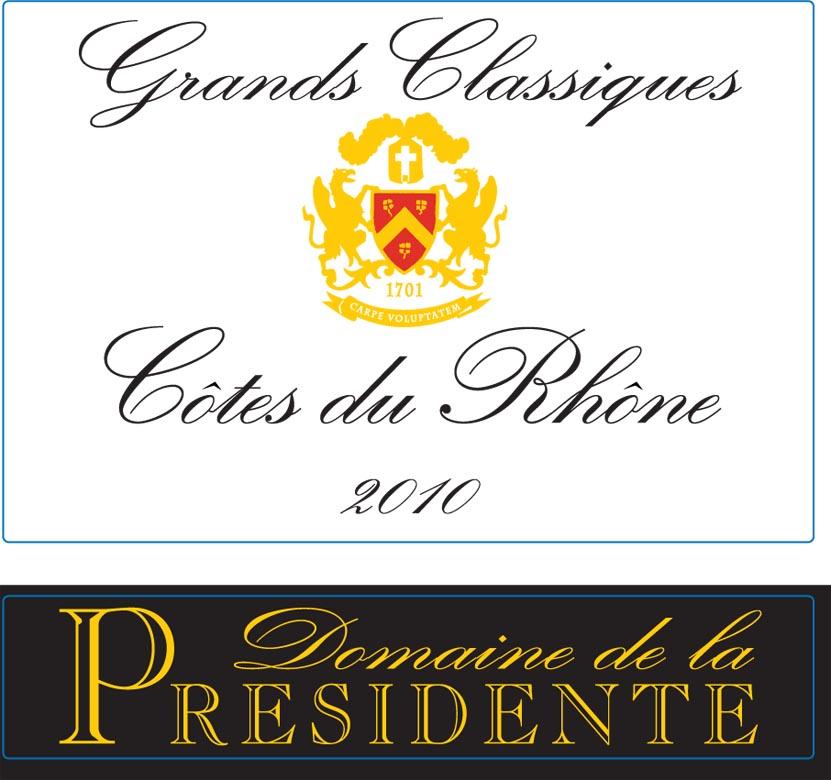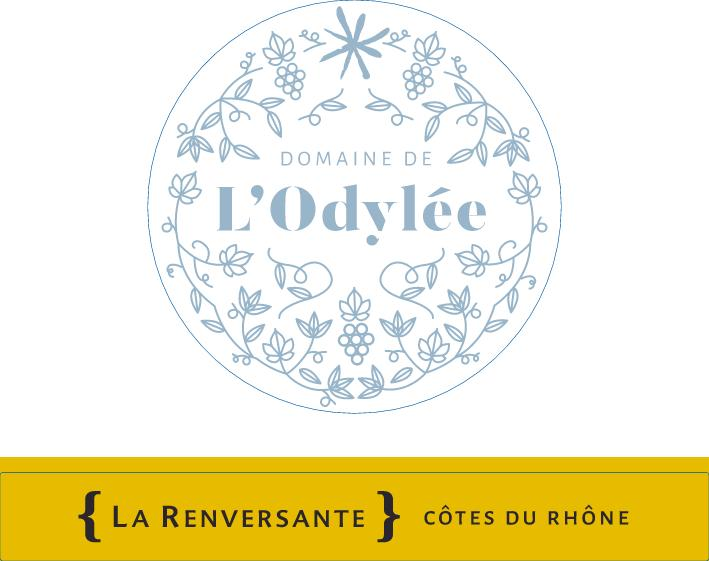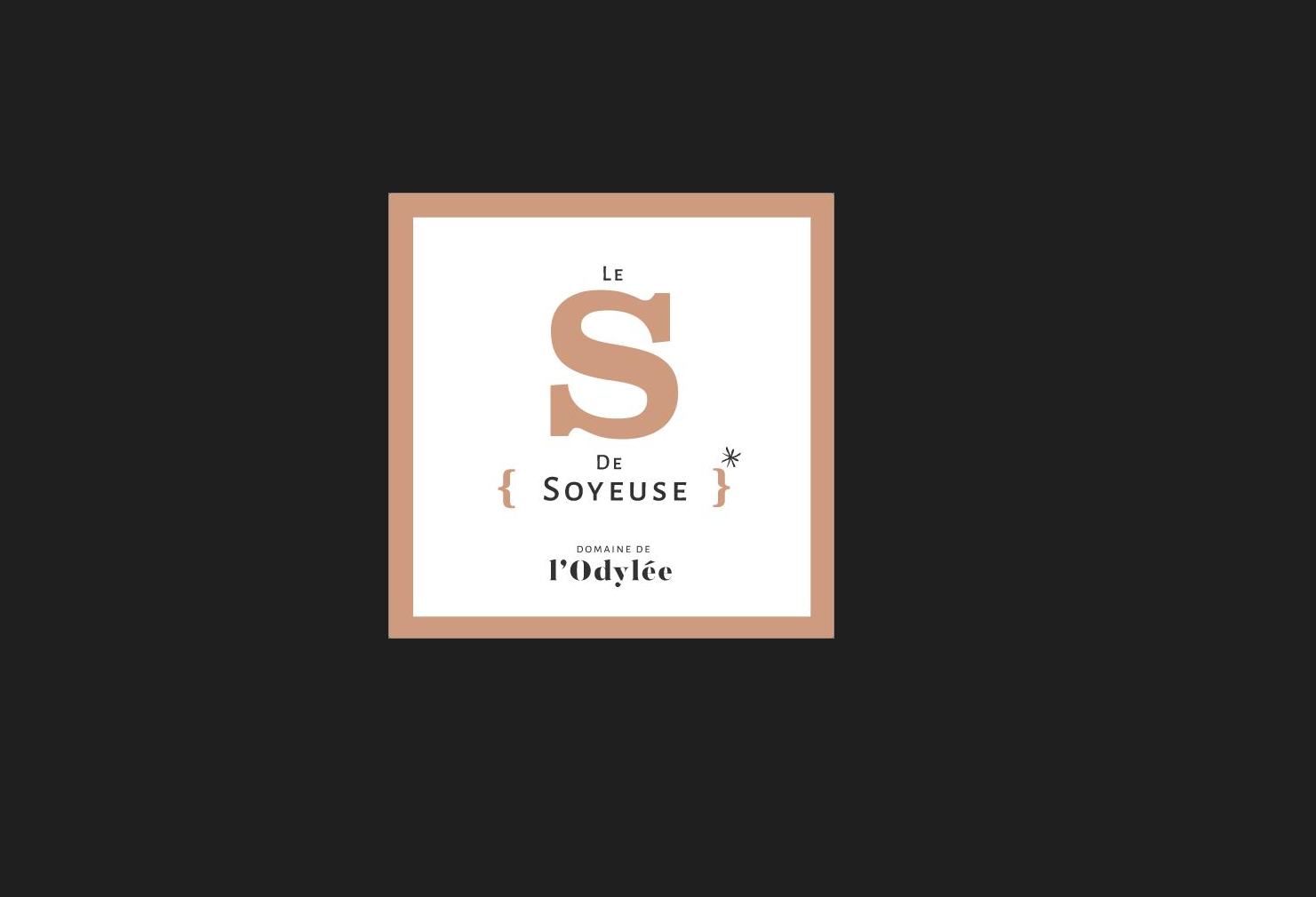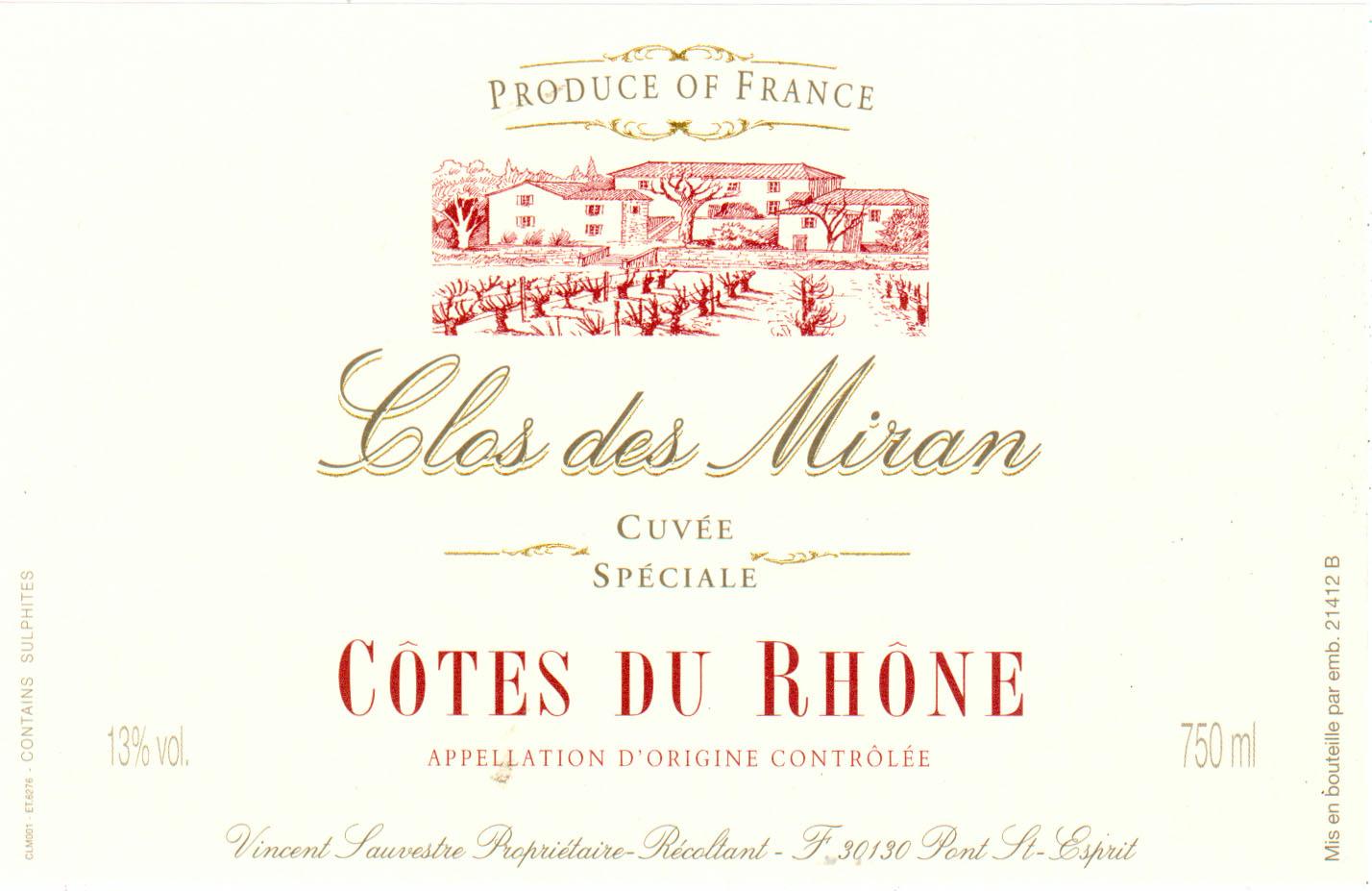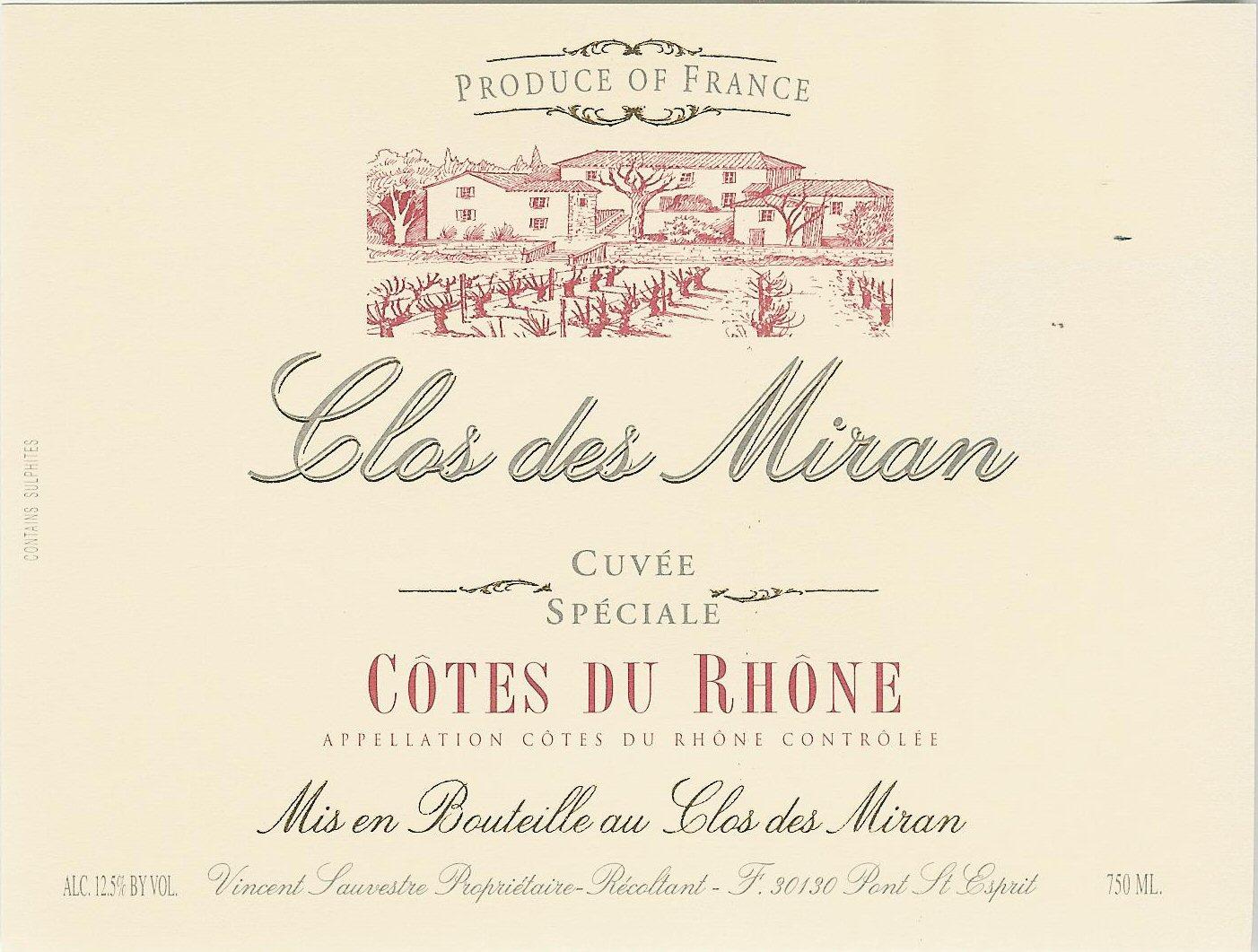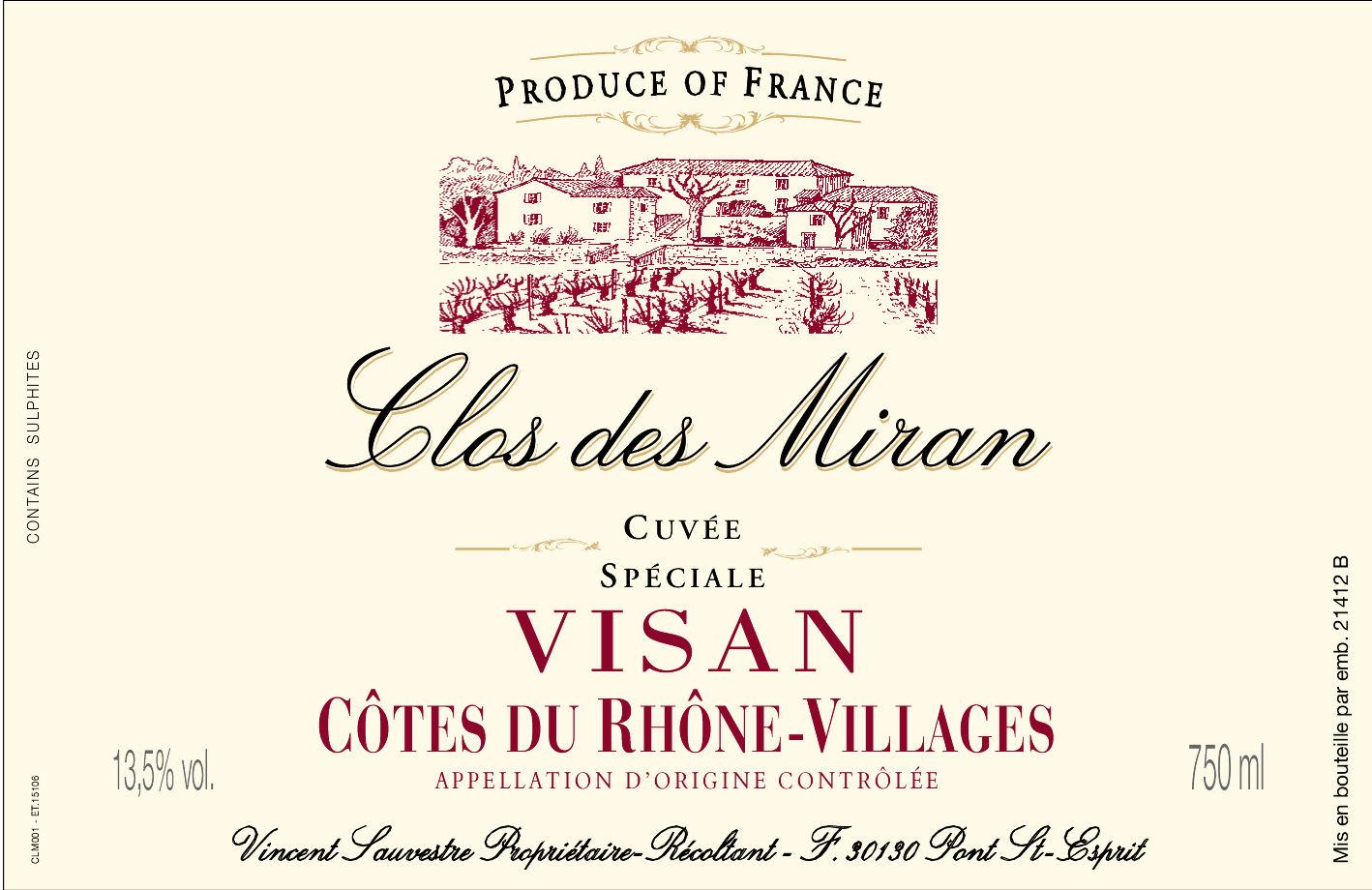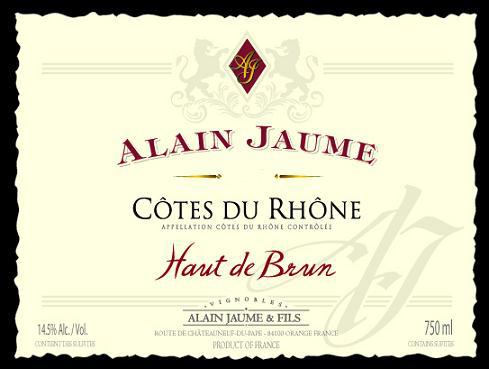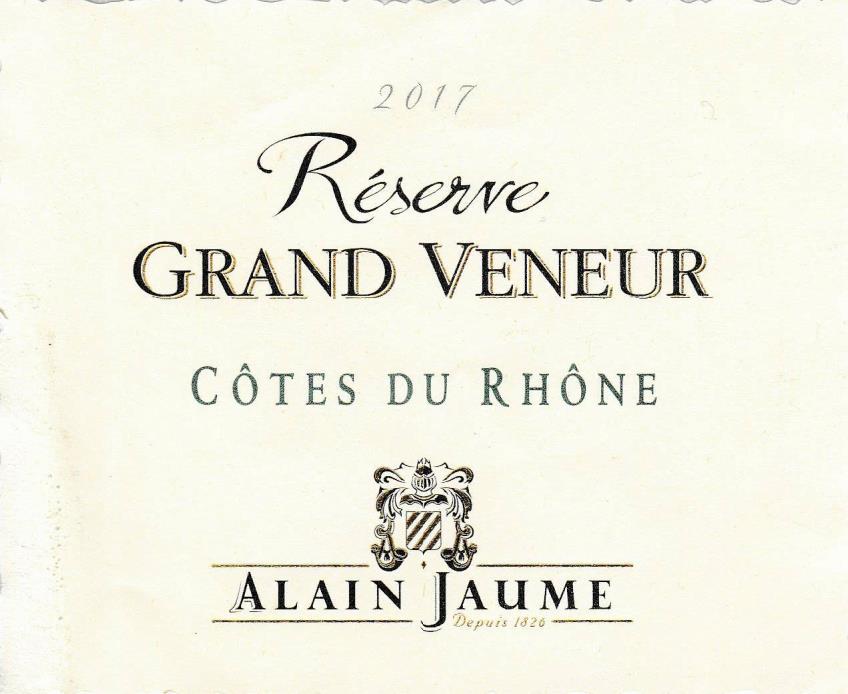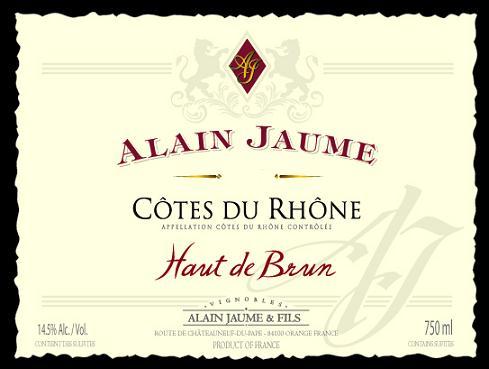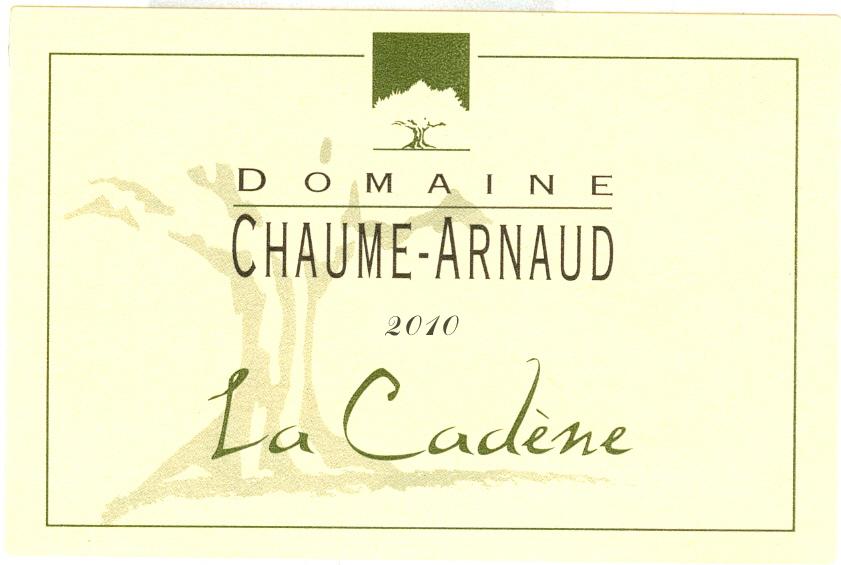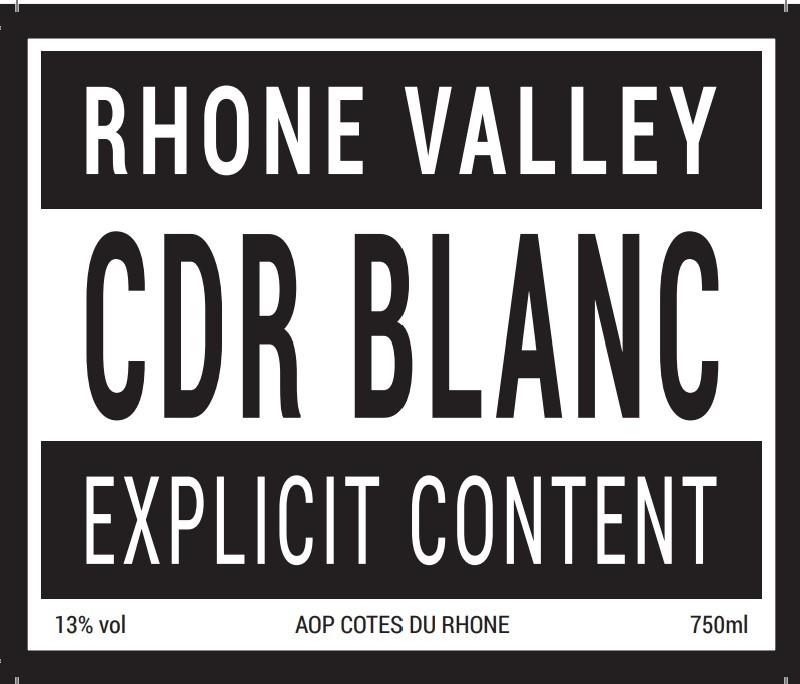Terroir of Côtes du Rhône
The Rhône Valley's terroir and climate are as diverse as its wines. In the north, vineyards perch on steep granite and schist hillsides, where a continental climate brings chilly winters and the drying mistral wind. This area is ideal for Syrah, producing structured wines with a peppery finish. Moving south, the terrain flattens into alluvial, sandy, and limestone soils, mixed with the famous rounded river stones. The warm Mediterranean climate here, marked by hot, dry summers and mild winters, is perfect for Grenache, yielding ripe, full-bodied wines.
Ample sunshine and steady winds support vine health, but the rocky, well-drained soils demand careful water management. These climatic and soil differences are essential in shaping the region's wine profiles, from the structured, cooler northern reds to the lush, warm southern blends.
Notable Wineries in Côtes du Rhône
The Côtes du Rhône region, celebrated for its rich winemaking heritage, is home to several notable wineries that embody the area's diverse terroir and grape varieties. Here are a few key players:
-
E. Guigal: Located in Ampuis, this winery is renowned for exceptional Côte-Rôtie and Hermitage, and well-regarded Côtes du Rhône blends.
-
M. Chapoutier: Situated in Tain-l’Hermitage, known for leading biodynamic practices and producing superb Syrah and aromatic whites.
-
Famille Perrin: Based at Beaucastel, they are custodians of Châteauneuf-du-Pape and offer value through their La Vieille Ferme label.
-
Paul Jaboulet Aîné: Also in Tain-l’Hermitage, this historic négociant is famous for its Hermitage and robust Côtes du Rhône wines.
-
Jean-Luc Colombo: In Cornas, a promoter of northern varieties, known for its respected Côtes du Rhône blends.
Sustainable Winemaking in Côtes du Rhône
The Côtes du Rhône region is embracing sustainability, with many producers switching to organic and biodynamic methods to protect its diverse landscapes. This shift is supported by local trade organizations promoting eco-friendly practices. Techniques like growing cover crops between vines and integrated pest management reduce reliance on synthetic chemicals and encourage biodiversity.
Water conservation is vital in this dry area, with mulching helping to retain soil moisture. Many vineyards now hold France’s organic (AB) or High Environmental Value (HVE) certifications, showcasing their dedication to sustainable farming. These efforts highlight a commitment to preserving the region’s rich terroir for future generations while maintaining the quality and heritage of its renowned wines.
Wine Tourism in Côtes du Rhône
Wine tourism in the Côtes du Rhône region offers an immersive experience into its rich viticultural legacy. Visitors can explore historic villages like Gigondas and Châteauneuf-du-Pape, where medieval streets and castle ruins set the scene for discovering local wines.
Many domaines welcome guests for tours and tastings, showcasing the diverse terroir and grape varieties such as Grenache and Syrah. Maison des Vins visitor centers provide opportunities to savor wines while enjoying panoramic vineyard views.
Adventurous travelers can take the ViaRhôna cycling route, connecting quaint villages and wineries, or hike the Dentelles de Montmirail for stunning vineyard vistas.
Festivals and wine fairs throughout the year offer a cultural experience, with tastings often paired with local Provençal cuisine. This blend of history, nature, and gastronomy makes Côtes du Rhône a captivating destination for wine enthusiasts.
